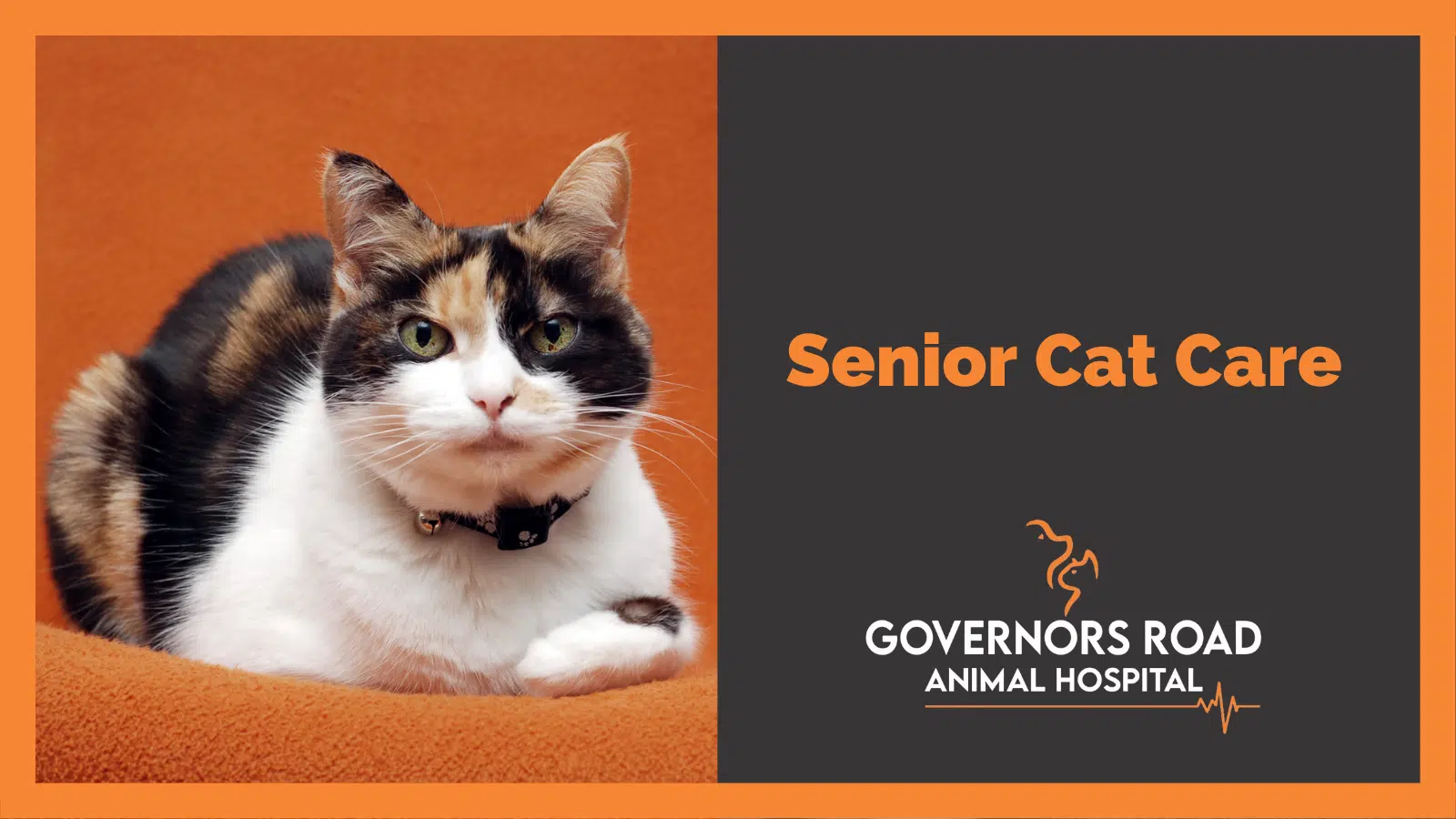
20 Oct Senior Cat Care
It’s hard to believe that it has already been several years since your little ball of fur was just a kitten. You may not be used to the new, less playful personality and might wonder what is going on with this senior cat. Remember that senior cats are still very much in need of love and attention even if they can’t play around like they once did. But fret not, there are some things you can do for your old friend.
Cats are considered seniors around the time they are 11 years old. However, after they turn seven years old, extra care must be taken as some cats report early changes. Some health needs of senior cats include regular vaccinations, deworming, and preventive care testing, namely bloodwork, urine testing, radiographic imaging, and other pet diagnostics. It would help if you also introduced them to some dietary and lifestyle changes.
Signs Your Cat is Ageing
Cats slow down as they age. They become less active and more sleepy. They may find it difficult to climb or jump on elevated surfaces. Weight gain or weight loss is also a common finding in senior cats.
While most of these issues are common signs of ageing, it is always a good idea to go for a routine checkup with your vet to diagnose any underlying health concerns.
Tips on Taking Care of Senior Cats
Pay Attention to Their Diet
Senior cats have special dietary and behavioural needs. They must be at a balanced weight to maintain optimal health. Make sure to discuss pet nutrition and diet with your vet and follow their recommendations to look after your senior cat’s health.
Keep Your Cat Hydrated
Cats get more prone to kidney disease and constipation as they age. This is primarily due to dehydration. Therefore, it is a good idea to keep your ageing cat hydrated. You could give them canned food or mix some water with their soft foods, making consumption easier for your cat.
Keep an Eye Out for Signs of Pain
Cats are very good at masking pain. It is a good idea to educate yourself about the subtle signs of ageing and pain that cats may present. If you observe any changes in your cat’s behaviour, you know you have to take them to the vet clinic.
You Cat’s Dental Health
Dental problems are prevalent in senior cats. From gum disease to broken teeth, many dental issues can affect their quality of life. Infections may enter their bloodstream via the mouth and affect the heart, kidneys, and liver. Dental problems can be pretty challenging to point out, so make sure to consult a vet to address any concerns regarding pet dental care and pet aftercare.
Daily Exercise and Mental Stimulation
Every cat needs a good dose of environmental enrichment to boost its quality of life. With senior cats, you need to take extra care to ensure that they get a good amount of daily exercise and mental stimulation. Make sure to take them out for walks and engage them in activities to boost their focus and coordination.
How to Make Your Home More Senior Cat-Friendly?
Senior cats are more prone to arthritis which may prevent them from climbing or jumping on surfaces. For this reason, it is a good idea to put some steps in or perhaps a ramp to ease access for them.
You could change their litter box, too, if you notice them struggling to step into it. For cats with vision problems, refrain from moving things around the house as it makes it difficult for them to navigate around the house. It all comes down to your cat’s symptoms. Observe their needs and bring about changes accordingly.
Vet Clinic in Dundas
Never skimp on your biannual vet visits if you are a pet parent. If you are looking for a vet clinic in Dundas, head to Governors Road Animal Hospital. Our pet clinic offers the best pet diagnostics in Dundas. Our qualified and experienced vets will go the extra mile to ensure your senior pet is always in good health.



Sorry, the comment form is closed at this time.